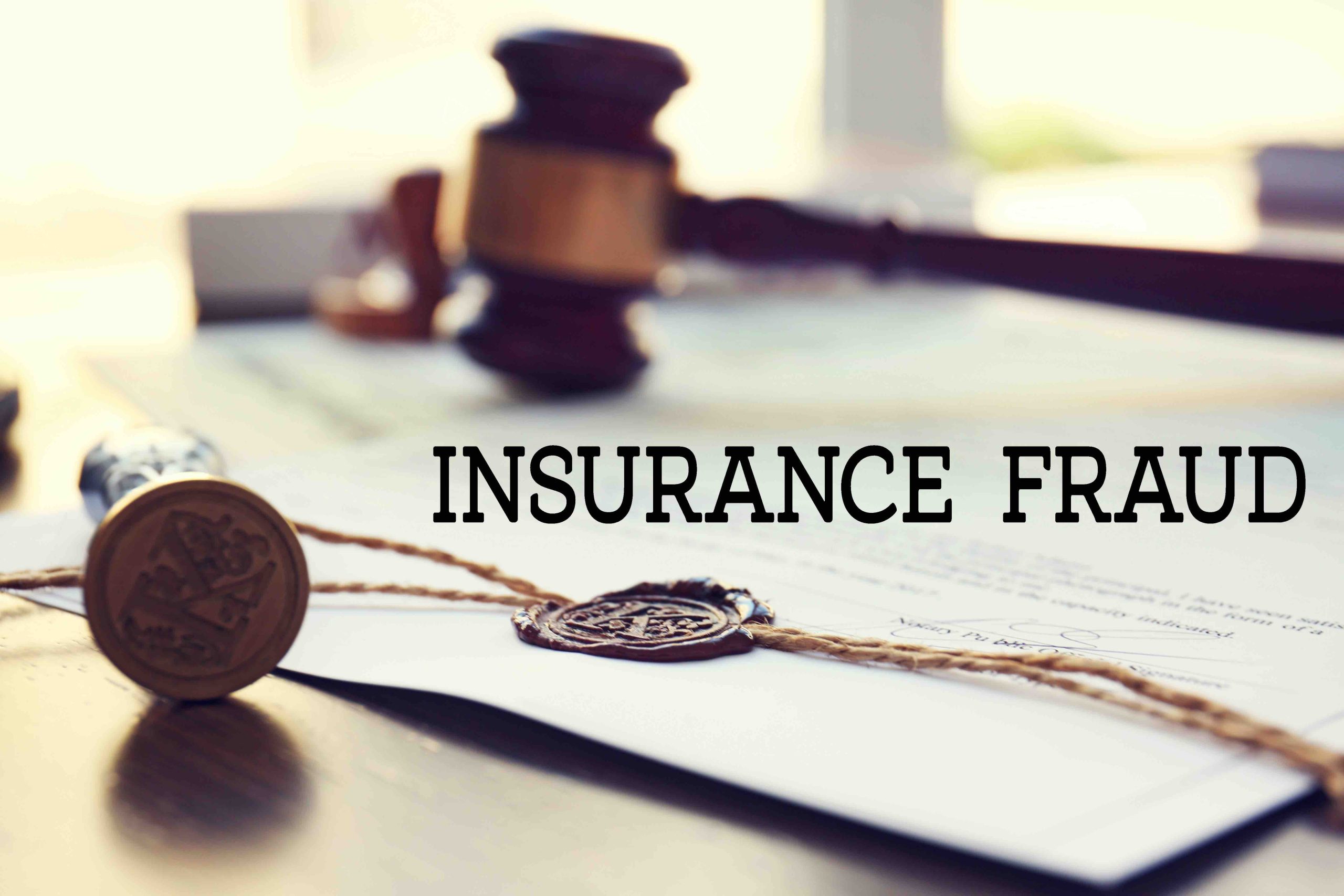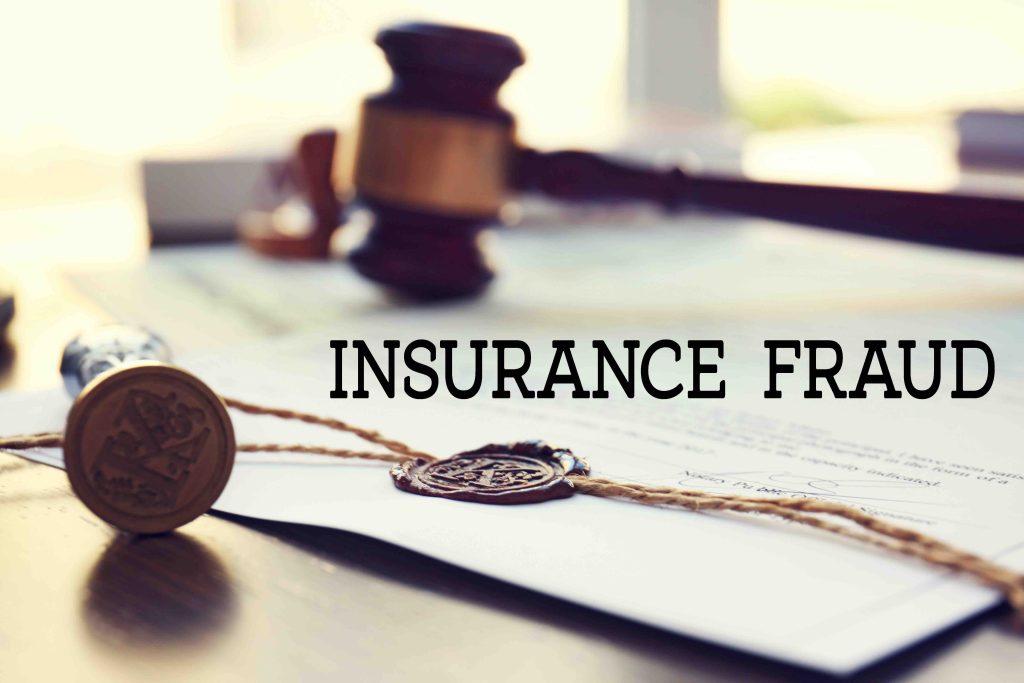Insurance Fraud in Canada: Types, Consequences, and Prevention
Insurance fraud is a significant issue that affects the insurance industry and policyholders alike. In Canada, fraudulent activities related to insurance can lead to substantial financial losses, increased premiums, and a loss of trust within the industry. It is important to understand what constitutes insurance fraud to raise awareness, prevent fraudulent activities, and ensure the integrity of the insurance system. In this article, we will explore the concept of insurance fraud in Canada, including its various forms, the potential consequences for perpetrators, and the measures taken to prevent and combat fraudulent activities.

Definition and Types of Insurance Fraud:
Insurance fraud refers to any deliberate act committed with the intent to deceive an insurance company for personal gain. There are several forms of insurance fraud that can occur in Canada, including:
- Staged accidents: Individuals purposely orchestrate accidents or events to make fraudulent claims for property damage, bodily injuries, or theft.
- False claims: Policyholders may intentionally provide false information or exaggerate damages or injuries to receive higher claim payouts.
- Premium fraud: Policyholders misrepresent their personal information or provide false details to obtain lower premiums or coverage they are not eligible for.
- Application fraud: Individuals provide false information on insurance applications to secure coverage or obtain lower premiums.
- Provider fraud: Healthcare providers or repair shops may overbill insurance companies for services not rendered or inflate charges.
Consequences of Insurance Fraud:
Insurance fraud carries severe consequences for both individuals involved in fraudulent activities and the insurance industry as a whole. The consequences can include:
- Legal ramifications: Insurance fraud is a criminal offence in Canada. Perpetrators can face criminal charges, leading to fines, imprisonment, or both.
- Financial losses for insurers: Insurance fraud results in significant financial losses for insurance companies. These losses ultimately affect honest policyholders in the form of increased premiums.
- Delays in claim settlements: Investigations into suspected fraudulent claims can cause delays in legitimate claims processing. Honest policyholders may experience prolonged waiting periods before receiving compensation.
- Damage to reputation: Insurance fraud undermines the trust and integrity of the insurance industry. When fraud occurs, it tarnishes the reputation of insurers and erodes public confidence.
Preventing Insurance Fraud:
Prevention is crucial in combating insurance fraud. The insurance industry, government agencies, and policyholders work together to implement preventive measures, including:
- Education and awareness: Raising awareness about insurance fraud and its consequences is key. Insurance companies and industry associations provide resources and educational campaigns to inform policyholders about fraud prevention.
- Enhanced security measures: Insurers employ advanced technologies, data analysis, and predictive modelling to identify potential fraudulent activities and patterns.
- Cooperation and information sharing: Collaboration between insurance companies, law enforcement agencies, and regulatory bodies is essential for sharing information and intelligence related to insurance fraud.
- Special investigation units: Insurance companies often have specialized investigation units that focus on detecting and investigating fraudulent activities. These units work closely with law enforcement agencies to build cases against fraudsters.
- Strong legal framework: Legislation and regulations are in place to deter and punish insurance fraud. Law enforcement agencies have the authority to investigate suspected cases, and courts can impose severe penalties on those found guilty of insurance fraud.
Reporting Insurance Fraud:
Reporting suspected insurance fraud is vital to combating fraudulent activities. Policyholders and individuals with knowledge of fraudulent acts can report them to the appropriate authorities, including:
- Insurance companies: If you suspect insurance fraud, report it to your insurance company’s fraud hotline or designated fraud reporting channel. Provide any evidence or information that supports your suspicion.
- Law enforcement agencies: You can also report insurance fraud to local law enforcement agencies, such as the police or the Royal Canadian Mounted Police (RCMP). They have specialized units that investigate fraud-related offences.
- Anti-fraud organizations: In Canada, there are anti-fraud organizations like the Insurance Bureau of Canada (IBC) that work to combat insurance fraud. They have dedicated hotlines and online reporting mechanisms for reporting suspected fraud.
Examples of Insurance Fraud in Canada:
To gain a better understanding of insurance fraud in Canada, let’s explore a few notable examples:
- Auto Insurance Fraud: One common form of insurance fraud involves staged auto accidents. Fraudsters intentionally cause collisions or fake injuries to file fraudulent claims for vehicle damage, medical expenses, and personal injury compensation.
- Property Insurance Fraud: This type of fraud may involve intentionally causing property damage or inflating the value of lost or stolen items to receive a higher claim payout. Fraudsters may also misrepresent the cause of damage, such as falsely claiming a fire or flood.
- Health Insurance Fraud: This includes submitting false medical claims, exaggerating injuries or symptoms, and obtaining unnecessary medical treatments or prescriptions to exploit insurance coverage.
- Disability Insurance Fraud: Fraudulent disability claims may involve misrepresentation of a person’s physical or mental health condition to receive disability benefits. This can include exaggerating symptoms or concealing relevant information.
- Workers’ Compensation Fraud: This form of fraud occurs when individuals exaggerate work-related injuries or falsely claim to be injured to receive workers’ compensation benefits.
- Life Insurance Fraud: This can involve intentional misrepresentation of personal information, such as concealing pre-existing medical conditions, to secure life insurance coverage. Fraudsters may also stage their deaths or fabricate beneficiaries to collect insurance proceeds.
Collaborative Efforts to Combat Insurance Fraud:
Fighting insurance fraud requires a collaborative approach involving insurance companies, law enforcement agencies, regulatory bodies, and policyholders. Key initiatives include:
- Fraud detection and investigation units: Insurance companies often have specialized units dedicated to detecting and investigating suspected fraudulent activities. These units employ advanced analytics, data mining techniques, and cooperation with law enforcement agencies to build strong cases against fraudsters.
- Legislative measures: Canadian legislation and regulations are in place to address insurance fraud. These laws enable law enforcement agencies to investigate and prosecute fraudsters, ensuring they face appropriate legal consequences.
- Industry collaboration: Insurance companies, industry associations, and government agencies work together to share information, best practices, and fraud prevention strategies. Initiatives like the Insurance Crime Prevention Bureau (ICPB) promote collaboration among insurers to combat insurance fraud.
- Public awareness campaigns: Education and awareness programs play a crucial role in preventing insurance fraud. Insurance companies and industry organizations raise awareness among policyholders and the general public about the consequences of insurance fraud and how to identify and report suspicious activities.
- Whistleblower protection: Encouraging individuals to report insurance fraud requires a safe and protected environment. Whistleblower protection measures ensure that individuals who report suspected fraud are shielded from retaliation and that their identities remain confidential.
Insurance fraud poses a significant threat to the insurance industry and policyholders in Canada. It encompasses various fraudulent activities aimed at deceiving insurance companies for personal gain. Staged accidents, false claims, premium fraud, application fraud, and provider fraud are some of the common forms of insurance fraud. Perpetrators of insurance fraud face legal consequences, including fines and imprisonment. The consequences of insurance fraud extend beyond the individuals involved and impact insurers and honest policyholders through financial losses, delayed claim settlements, and damage to the industry’s reputation. Preventing insurance fraud requires a collective effort, including education and awareness campaigns, enhanced security measures, cooperation among stakeholders, and a robust legal framework. Reporting suspected insurance fraud is essential to combat fraudulent activities and protect the integrity of the insurance system. By understanding insurance fraud, its consequences, and the preventive measures in place, we can work together to prevent and combat this detrimental crime.

